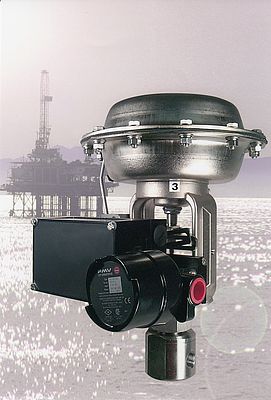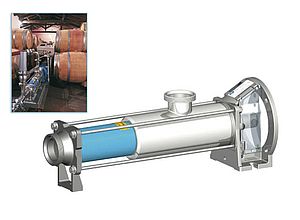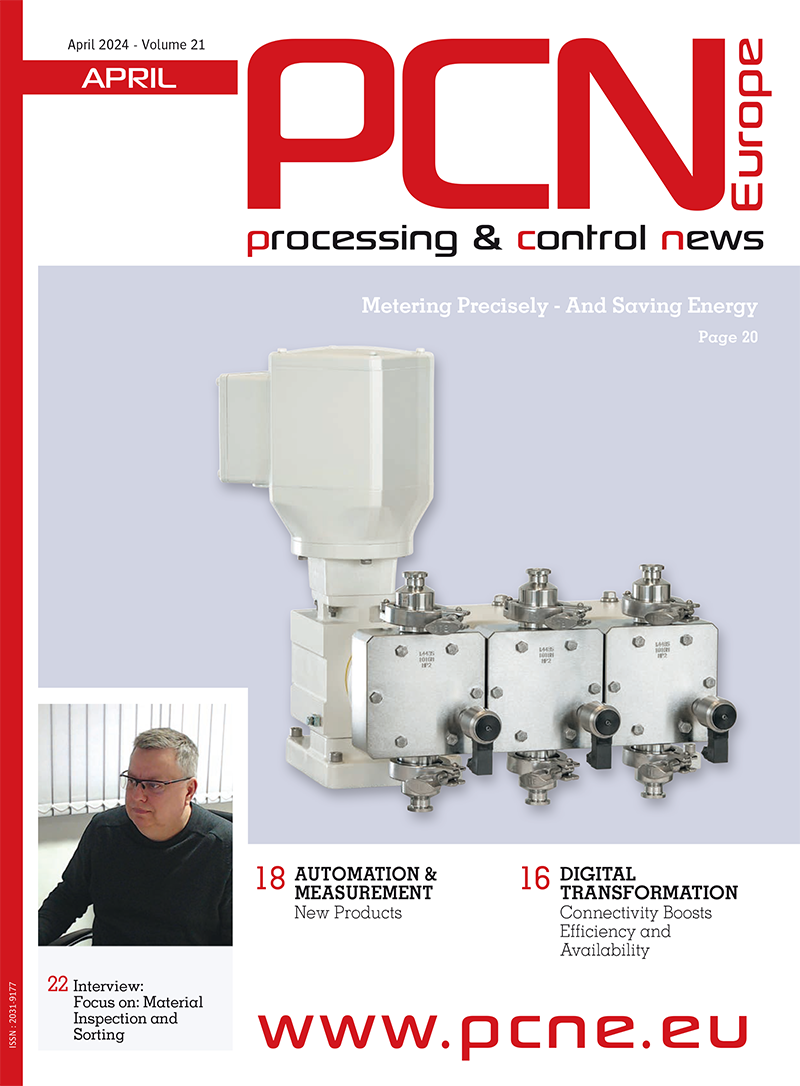Badger Meter control valves, available in the UK through Pump Engineering Ltd, are continuing to make an important contribution in applications such as oil extraction in ultra-deep oil wells thanks to their ability to overcome the difficult challenges associated with these applications.
We are talking for example of withstanding extreme pressures, wide flow ranges and ultra-low temperatures. As a consequence of increasing global demand and escalating fuel prices, oil and gas production has increased significantly at much greater depths.
While market forces have driven the need for production companies to 'push back the boundaries' and extract oil and gas from greater depths, technological advances have been required to meet the challenges to enable safe and efficient deep sea oil extraction.
For example, as oil and gas production moves to deeper water, flowline pressures rise and seawater temperatures fall and this can result in the formation of hydrates. If these ice-like hydrates are left unchecked they can deposit on the inner wall of flowlines and agglomerate, until they completely block the flow line.
To eliminate the potential problem of hydrates forming in flowlines at these depths and pressures, chemical additives, such as methanol or mono ethylene glycol, are injected into the well-stream.
These additives act as anti-freeze and are effective in preventing hydrates from forming and therefore play a key role in helping keep flowlines open. For example, The Badger Meter Company, represented in the UK by Pump Engineering, was challenged to manufacture one inch valves which could handle ethylene glycol at flows up to 2 (two) lit/min at 700 bar.
These valves were successfully deployed in deep water oilfields in the Eastern Gulf of Mexico where pressures are relatively high and temperatures relatively low and therefore the risk of hydrates forming is high.
Valves to Meet Tough Demands in Deep Water Oilfields
Meeting the challenges to enable safe and efficient deep sea oil extraction, Badger Meter control valves manufactured one inch valves which could handle ethylene glycol at flows up to 2 (two) lit/min at 700 bar
- by Pump Engineering Ltd
- June 2, 2015
- 80 views


















